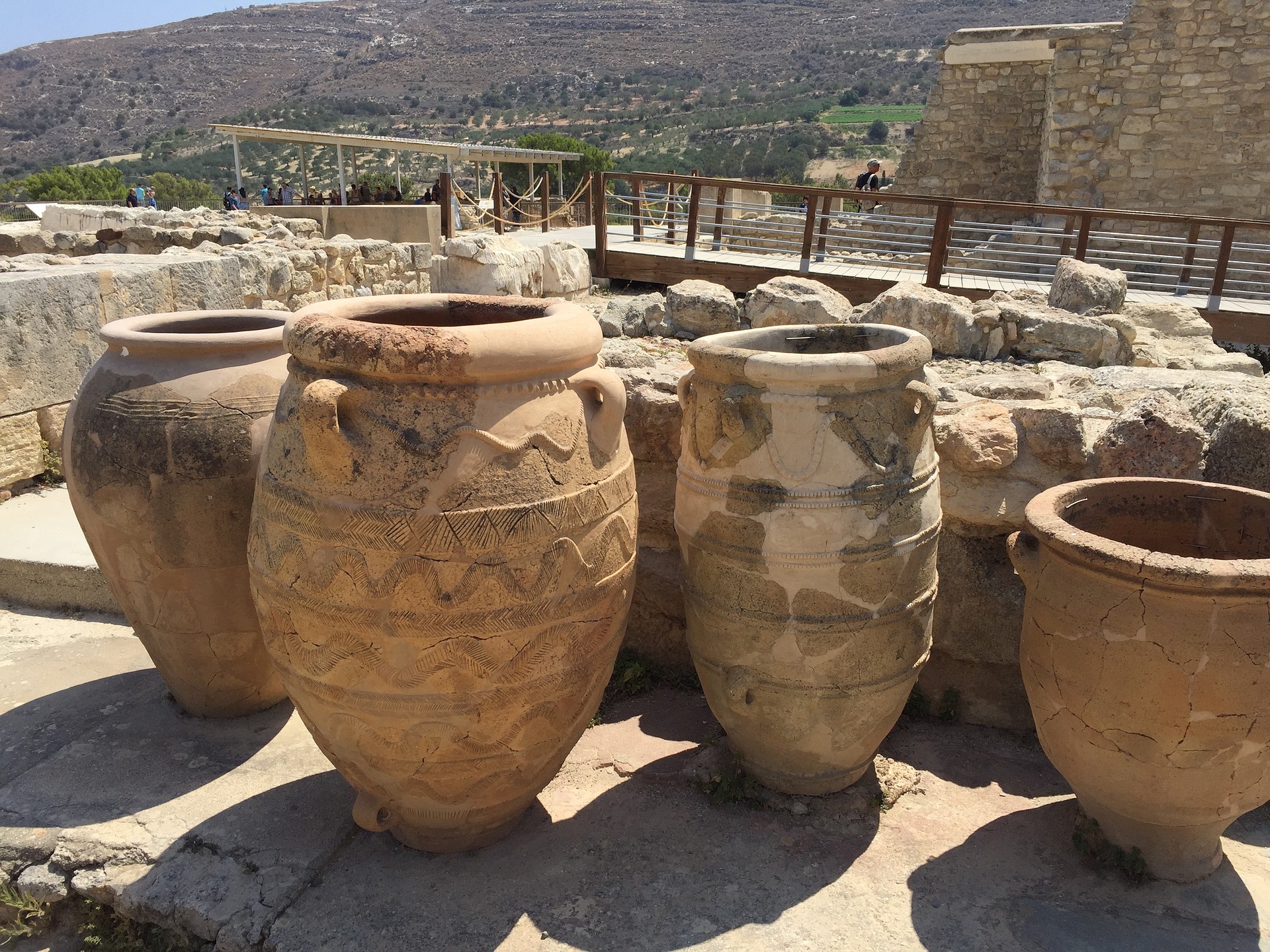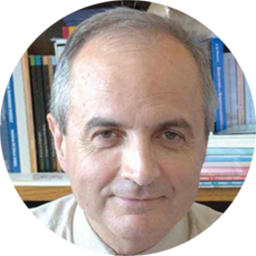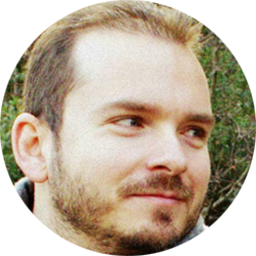
Here are the instructions how to enable JavaScript in your web browser
Heraklion Regional Unit is located in the southern part of Greece, on the island of Crete. It is the largest of Crete’s four counties, with a total population of 305.490 people. The capital of Heraklion Regional Unit is the city of Heraklion, with a population of 140,730 inhabitants. Apart from its urban center, the region includes a large number of semi-urban settings, rural villages, and remote areas. While many parts of have a tourism-driven economy, there is also a large agricultural community. Heraklion Regional Unit is known for its rich culture and vibrant tradition.
Healthcare services are coordinated by the 7th Health Region of Crete, which is directly linked to the Ministry of Health. Challenges of healthcare mostly refer to the absence of integrated care culture which applies to healthcare professionals, the public and the health system in general. According to local stakeholders, barriers to integrated care included:
Our aim was to achieve patient-centered, technology-driven integrated care for all.
The overall integration ambition for VIGOUR in Crete was to be able to incorporate the voice of parties with an important and active, yet non-institutional, role to caring (e.g. patient groups, social services) and link them to the healthcare system under clear frameworks and guidelines. Technology and digital advancement were the key drivers and facilitators of this effort as the means of large-scale information and innovation sharing. The Clinic of Social and Family Medicine, School of Medicine, University of Crete were the facilitators between community/citizen-based services and organizations including arts and leisure activities for health promotion in non-communicable chronic diseases and disabilities, using existing and novel capacity and networking.
Christos Lionis: lionis(at)uoc(dot)gr

vigour(at)empirica(dot)com
 |
 |
 |
 |
|
| Christos Lionis | Marilena Anastasaki | Agapi Angelaki | Myron Galenioanos | Chariklia Tziraki |
 |
 |
|
| Stelios Dimitrakopoulos | Aimilia Magkanaraki | Dimitris Agapiou |
|
|
|
| Eleni Hatziyanni | Katerina Vlasaki |